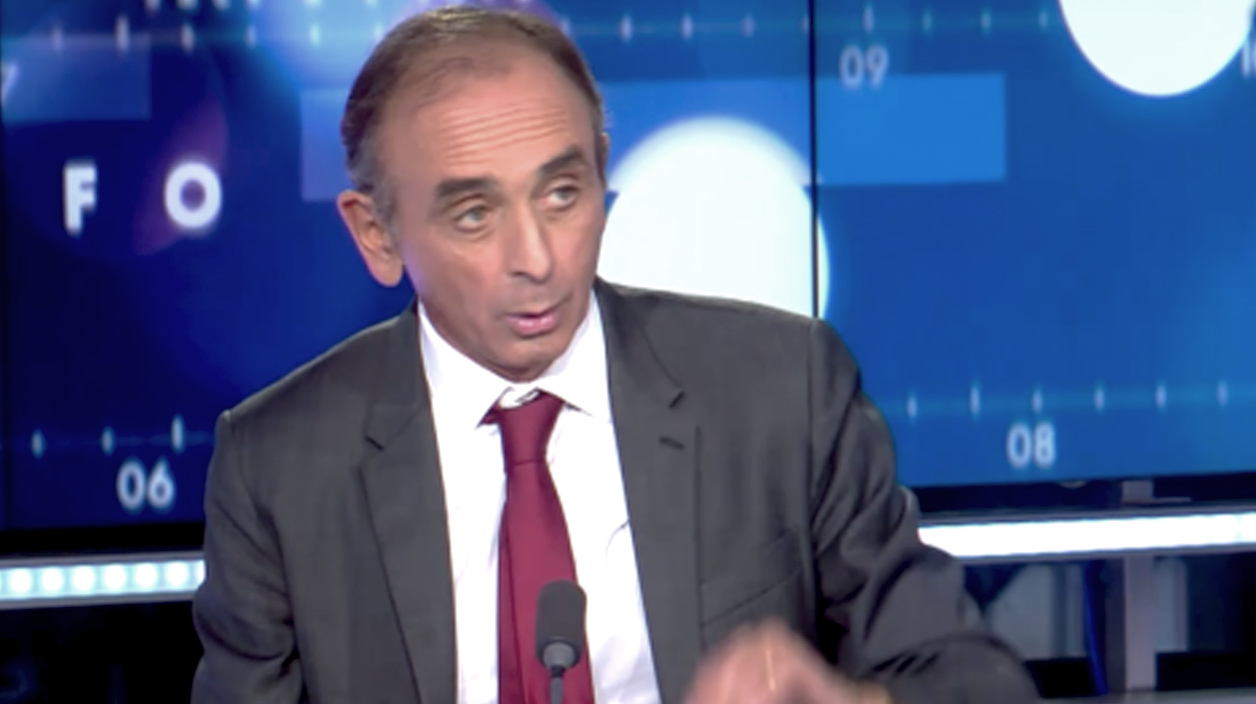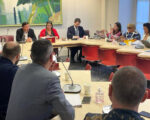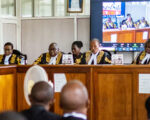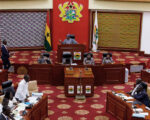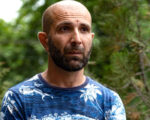>> Ethiopian government cancels anti-gay rally
Homosexuality ‘not a serious crime’ says government official, in country where gay sex punishable by 15 years in prison
Le gouvernement éthiopien a finalement reculé sur son projet visant à criminaliser davantage l’homosexualité, en affirmant que celle-ci n’est pas « un crime grave ».
Le porte-parole du gouvernement Redwan Hussein a confirmé que l’homosexualité ne serait pas ajoutée à la liste des crimes graves, une mesure qui avait été envisagée le mois dernier.
« Il ne s’agit pas d’un crime grave, a-t-il affirmé. De plus, il n’est pas aussi répandu que certaines personnes le suggèrent. L’homosexualité est déjà criminalisée et assortie de peine spécifique. Le gouvernement pense que la peine d’emprisonnement actuelle suffit ».
Rewan Hussein s’est également désolidarisé d’un projet de manifestation anti-gay organisée par des groupes religieux et qui devait avoir lieu le 26 avril prochain.
L’organisateur de la manifestation, qui a été annulée, a déclaré: « Actuellement, je suis menacé par la communauté gay en cas d’organisation du rassemblement. Malgré la menace, je vais continuer à poursuivre mon combat contre la communauté gay, a-t-il déclaré. Je crois que je suis investi de cette tâche par Dieu. Je vais le faire même si cela signifie ma mort ».
L’homosexualité est déjà criminalisée en Ethiopie, et les actes sexuels de même sexe peut conduire à 15 ans de prison, ou même 25 ans si le VIH a été transmis au cours d’une relation homosexuelle.
>> A planned anti-gay rally in Ethiopia has been cancelled by the government, according to officials.
In addition, a plan by the legislature to add gay sex to a list of crimes ineligible for presidential pardons has been dropped, according to Redwan Hussein, an Ethiopian government spokesman.
Gay Ethiopians face severe penalties for living in the open. Same-sex acts are punishable by up to 15 years in prison and a 25-year jail term is given to anyone convicted of infecting another person with HIV during same-sex acts.
But the government does not appear ready to further demonise homosexuals. Redwan said the anti-gay rally was on certain groups’ agenda, but not the government’s.
« It is not a serious crime, » he said. « Plus, [homosexuality] is not as widespread as some people suggest. It is already a crime and a certain amount of punishment is prescribed for it. The government thinks the current jail term is enough, » said Redwan, who confirmed that gay crimes would not be added to the list of unpardonable crimes.
Hostility toward gays across Africa is high. Uganda and Nigeria increased penalties against homosexual acts this year. Gay people in other countries face severe discrimination and harmful physical attacks.
Two groups had been planning to hold the rally in Addis Ababa on 26 April. Dereje Negash, chairman of a religious group affiliated with the Ethiopian Orthodox Church, said the cancellation happened after the church had asked the government to prevent the rally.
« Currently I’m being threatened by the gay community for organising the rally. Despite the threat, I will continue to pursue my struggle against the gay community. I believe I have been given a task by God to do this. I will do this even if it means life or death, » Dereje said.
Dereje said his group is not seeking the harassment of gay people, but he wants Ethiopian law to increase the punishment for gay sex.
Dereje said that gay sex tourism is increasing in the country and he wants it stopped. « We believe the gay people should be supported to get out of their bad life. We have helped hundreds of people to abandon gay acts so far, » he said.



